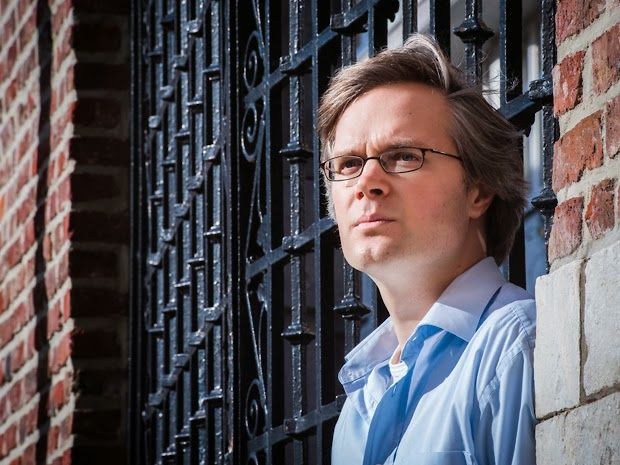“International law has never established a so-called ‘right to die.’ On the contrary, it solidly affirms the right to life—particularly for the most vulnerable among us,” said ADF International Director of European Advocacy Robert Clarke, who represents Mortier. “We welcome the decision of the court to hear this precedent-setting case, the sad facts of which expose the lie that euthanasia is good for society.”
Mortier’s mother was euthanized in 2012 in Belgium, where euthanasia is legal. Without any prior consultation, Mortier was informed one day later and was told that she had been suffering with “untreatable depression.” Belgian law specifies that the person being euthanized must be in a “medically futile condition of constant and unbearable physical or mental suffering that cannot be alleviated, resulting from a serious and incurable disorder caused by illness or accident.” Tom’s mother was physically healthy, and her treating psychiatrist of more than 20 years confirmed that she did not satisfy the requirements of the law.
“The big problem in our society is that, apparently, we have lost the meaning of taking care of each other,” said Mortier. “My mother had a severe mental problem. She had to cope with depression throughout her life. She was treated for years by psychiatrists, and eventually the contact between us was broken. A year later, she received a lethal injection. Neither the oncologist, who administered the injection, nor the hospital had informed me or any of my siblings that our mother was even considering euthanasia.”
“The slippery slope is on full public display in Belgium, and we see the tragic consequences in this case,” said ADF International Executive Director Paul Coleman. “According to the most recent government report, more than six people per day are killed in this way, and that may yet be the tip of the iceberg. The figures expose the truth that, once these laws are passed, the impact of euthanasia cannot be controlled. Belgium has set itself on a trajectory that, at best, implicitly tells its most vulnerable that their lives are not worth living.”
In November 2017, ADF International filed an application with the European Court of Human Rights that asked it to take the case, Mortier v. Belgium.
- Pronunciation guide: Mortier (More-TEE’-ay)
